
The 6 Most Common Mistakes That VA Homebuyers Make
Template The 6 Most Common Mistakes That First Time VA Homebuyers Make Buying your first home using a VA loan is an exciting milestone, especially
Carlos Scarpero- Mortgage Broker
If you're a veteran looking to secure a VA home loan but have a lower credit score, understanding the importance of a Letter of Explanation (LOE) could be the difference between approval and denial. As a loan officer specializing in VA home loans, I’ve seen firsthand how this document can make or break your application. The VA loan program is designed with flexibility in mind, but lenders need to hear your story clearly and honestly. This article will walk you through everything you need to know about crafting a compelling Letter of Explanation that can help you get approved, even with credit challenges.
Many VA loan applications, especially those undergoing manual underwriting or involving applicants with lower credit scores, will require a Letter of Explanation. But why is this letter so important? Simply put, credit scores don’t tell the whole story. They give a snapshot of your credit behavior but don’t explain the circumstances behind late payments, missed bills, or other credit blemishes.
The LOE is your opportunity to provide context and clarity about your financial history. It allows you to explain the "why" behind your credit challenges and highlight positive factors that might not appear on your credit report.
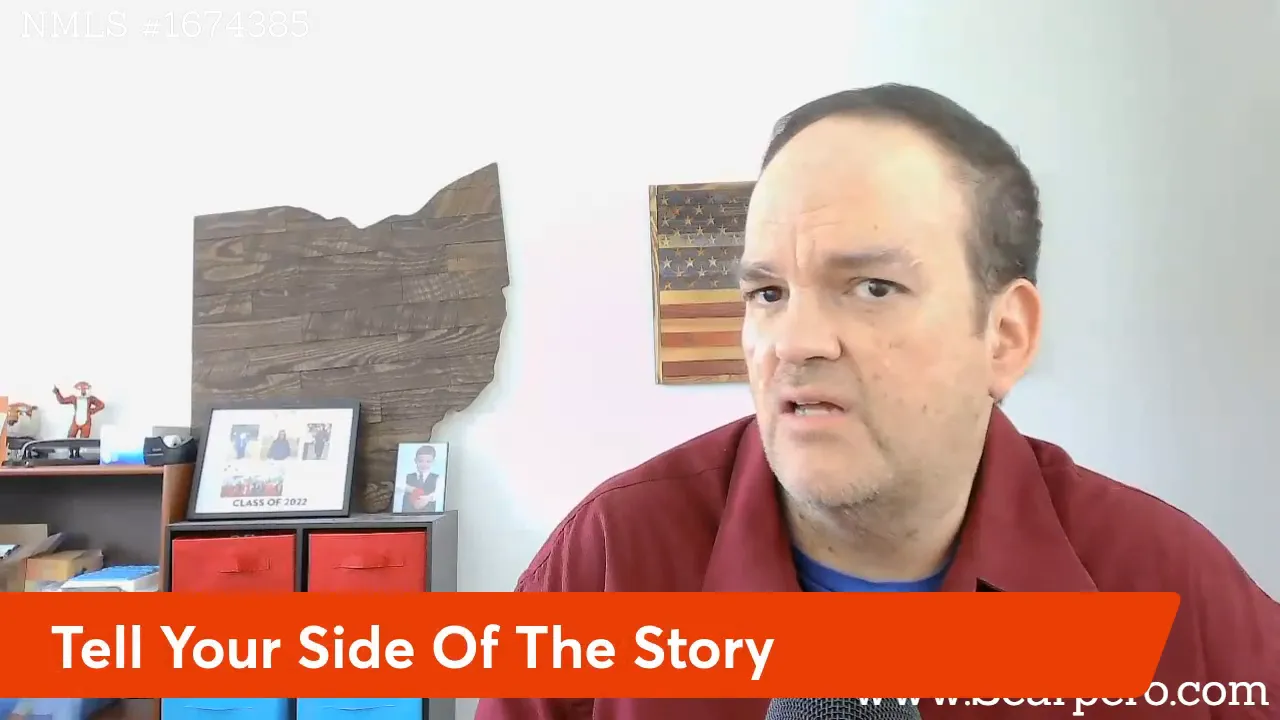
There are two main types of underwriting for VA loans: automated and manual. Automated underwriting uses software to quickly determine loan approval based on set criteria. However, if the software cannot make a clear approval decision, the loan must go through manual underwriting.
Manual underwriting involves an underwriter reviewing your credit report and financial documents personally to assess your credit risk. This process is more flexible but also requires more detailed documentation—like a thorough Letter of Explanation.
Typically, underwriters look for no installment loan late payments for at least one year and at least two years with no late rent payments, although these are not strict VA requirements but common guidelines. If your loan is manually underwritten, providing a strong LOE is essential.
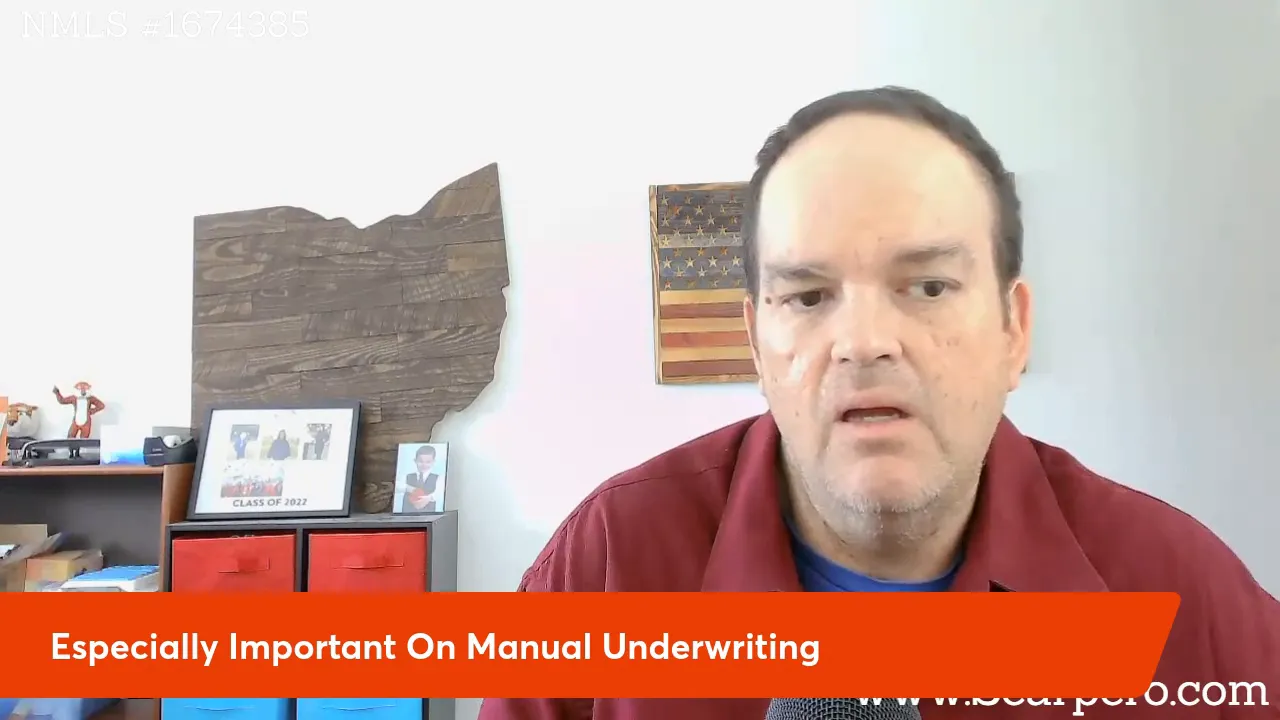
The VA recognizes that sometimes, financial hardships are caused by extenuating circumstances. These are specific situations beyond your control that led to late payments or credit issues. If you can tie your credit difficulties to one of these allowable extenuating circumstances, your chances of loan approval increase significantly.
Common extenuating circumstances include:
It’s crucial to document these situations clearly in your LOE, explaining how they affected your credit and how the situation has since improved or been resolved.
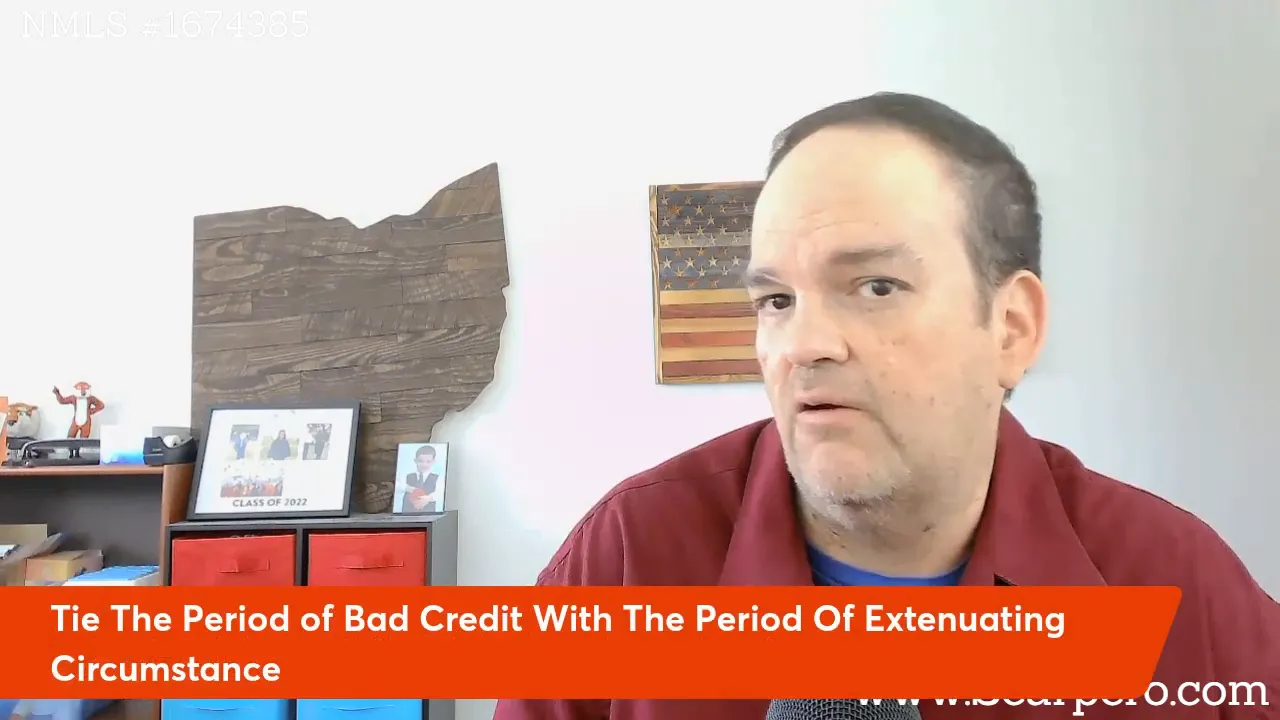
One of the most important tips when writing your Letter of Explanation is to never try to hide any financial issues. Underwriters will discover discrepancies during their review, and failing to disclose or explain problems upfront can lead to loan denial.
For example, I once had a borrower who forgot to mention a $45,000 tax lien. When we found out during underwriting, the loan was denied, wasting time and money for everyone involved. Being upfront about your financial situation allows your loan officer and underwriter to work with you to find solutions.
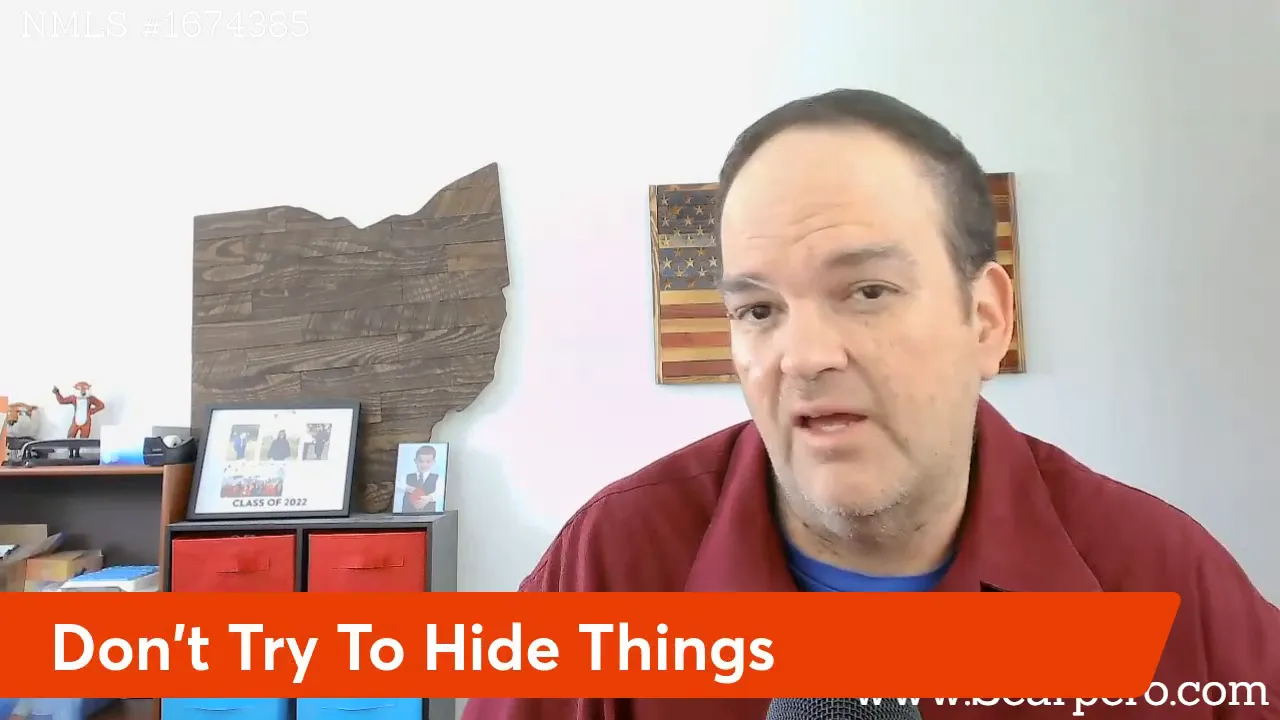
From experience, I recommend using a resume-style format for your LOE. This means starting with a concise summary of why your credit isn’t perfect and then highlighting positive factors that strengthen your case. This approach makes it easier for underwriters to quickly grasp your situation.
For example, I worked with a borrower involved in a lawsuit related to contaminated water at Fort Bragg. She was expecting a six-figure settlement soon after closing, which wasn’t visible on her credit report but was a strong positive. Including this information helped balance out her credit negatives and led to a successful loan approval.
Writing a strong LOE can be tricky, so always ask your loan officer to review your letter before submitting it. I offer this service as a courtesy because I know how critical a clear, well-written LOE is to your approval.
In some cases, I even have lending representatives review the letter to provide feedback on whether the file is workable or if we might be spinning our wheels. This avoids unnecessary delays and helps set realistic expectations.
Don’t hesitate to rewrite your LOE multiple times based on feedback. It’s better to spend the time perfecting your explanation upfront than face rejection later.
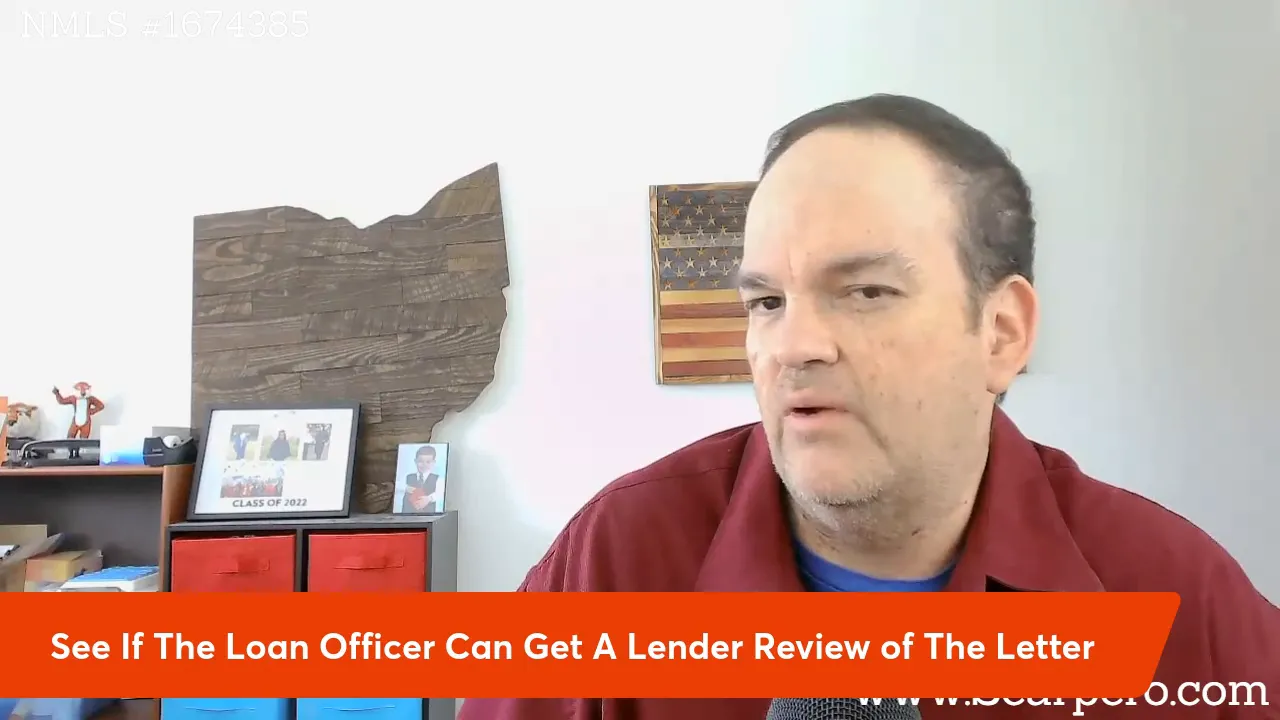
Make sure your letter is easy to read and free of spelling or grammatical errors. If your LOE is hard to understand, underwriters may struggle to approve your loan.
Use tools like Grammarly or ask a friend or family member to proofread your letter. Make sure you organize your thoughts in clear paragraphs and put your situation in the best possible light.
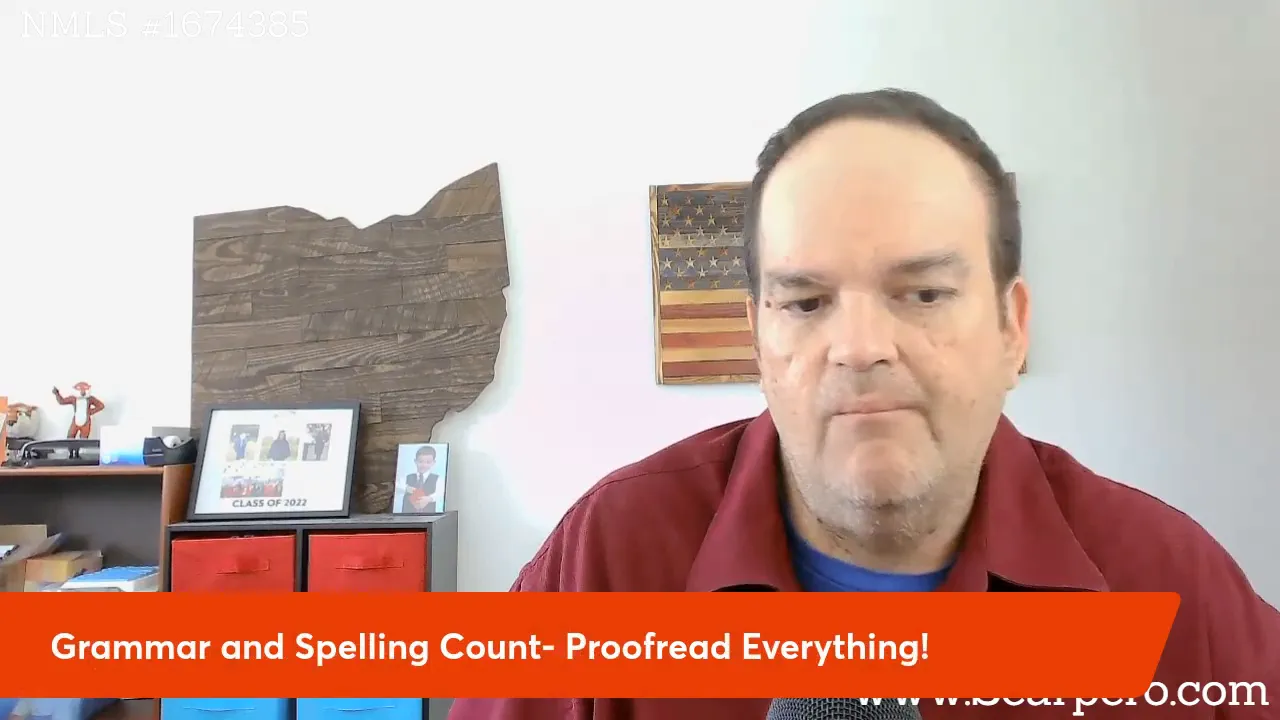
A good LOE follows a storytelling format:
The VA wants to see that any past hardships are behind you. For instance, if you had cancer and are still undergoing treatment with ongoing financial strain, that might not be viewed as resolved. Instead, demonstrate that you have overcome or are actively overcoming the challenges.
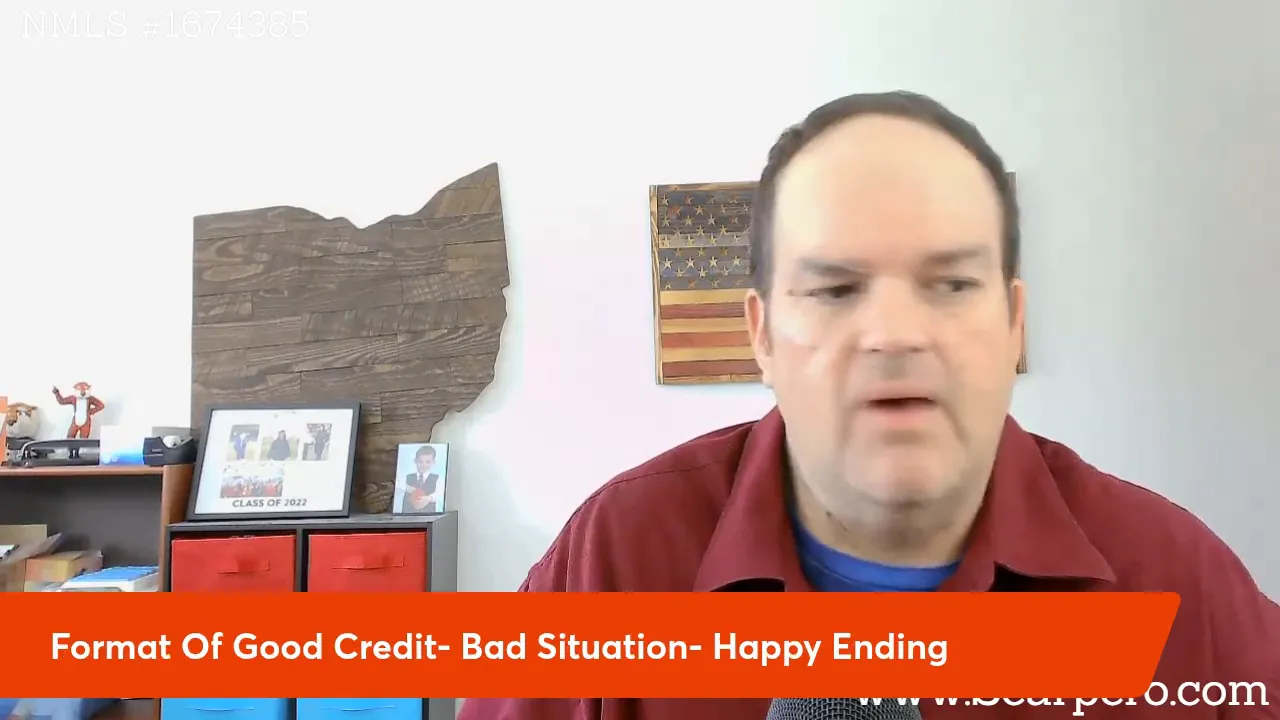
In summary, a Letter of Explanation is a vital tool for veterans applying for VA home loans, especially if your credit score is less than perfect. It gives you the chance to explain your story, highlight positive factors, and show that any financial hardships have been addressed.
Remember to be honest, clear, and professional in your letter. Use a resume-style format and get your loan officer to review it thoroughly before submission. With the right LOE, you can increase your chances of getting approved for your dream home.
If you want to learn more about VA loans and how to navigate challenges like bad credit, be sure to explore resources and seek expert advice tailored to your unique situation.
A Letter of Explanation is a written statement from a loan applicant explaining any negative credit events, financial hardships, or unusual items on their credit report to provide context and clarity to the underwriter.
A LOE is typically required during manual underwriting or when there are credit issues such as late payments, liens, or other discrepancies that need explanation.
Include a brief summary of your credit situation, details about any extenuating circumstances that caused credit issues, how those issues have been resolved, and any positive information that supports your ability to repay the loan.
Yes. A well-written LOE helps the underwriter understand your unique circumstances and can outweigh negative credit factors, increasing your likelihood of approval.
Absolutely. Having your loan officer or a lending professional review and help you refine your LOE can ensure it is clear, honest, and persuasive.
Extenuating circumstances are specific, allowable reasons for late payments or credit issues, such as medical emergencies, layoffs, or inability to sell a previous home, which the VA recognizes as valid explanations.
Honesty is critical. Hiding or failing to disclose financial issues can lead to loan denial and wasted time and money. Always be upfront about your situation.
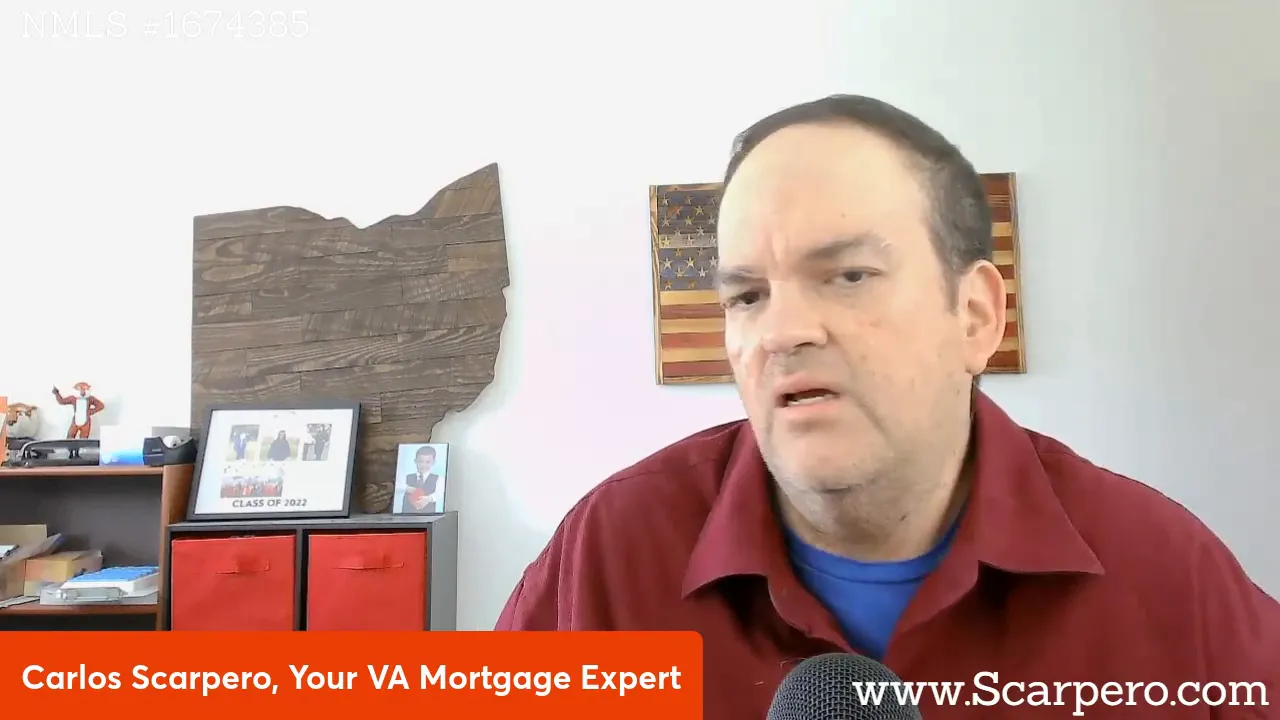

Template The 6 Most Common Mistakes That First Time VA Homebuyers Make Buying your first home using a VA loan is an exciting milestone, especially

500,000 More Home Sellers Than Buyers? Don’t Believe the Hype Table of Contents Key Takeaways Understanding Redfin’s Viral Housing Study Contrasting Data from Realtor.com and

Template Edge Home Finance Is Hiring Loan Officers Table of Contents Key Takeaways Why commission structure matters: keep what you earn True broker relationships, with